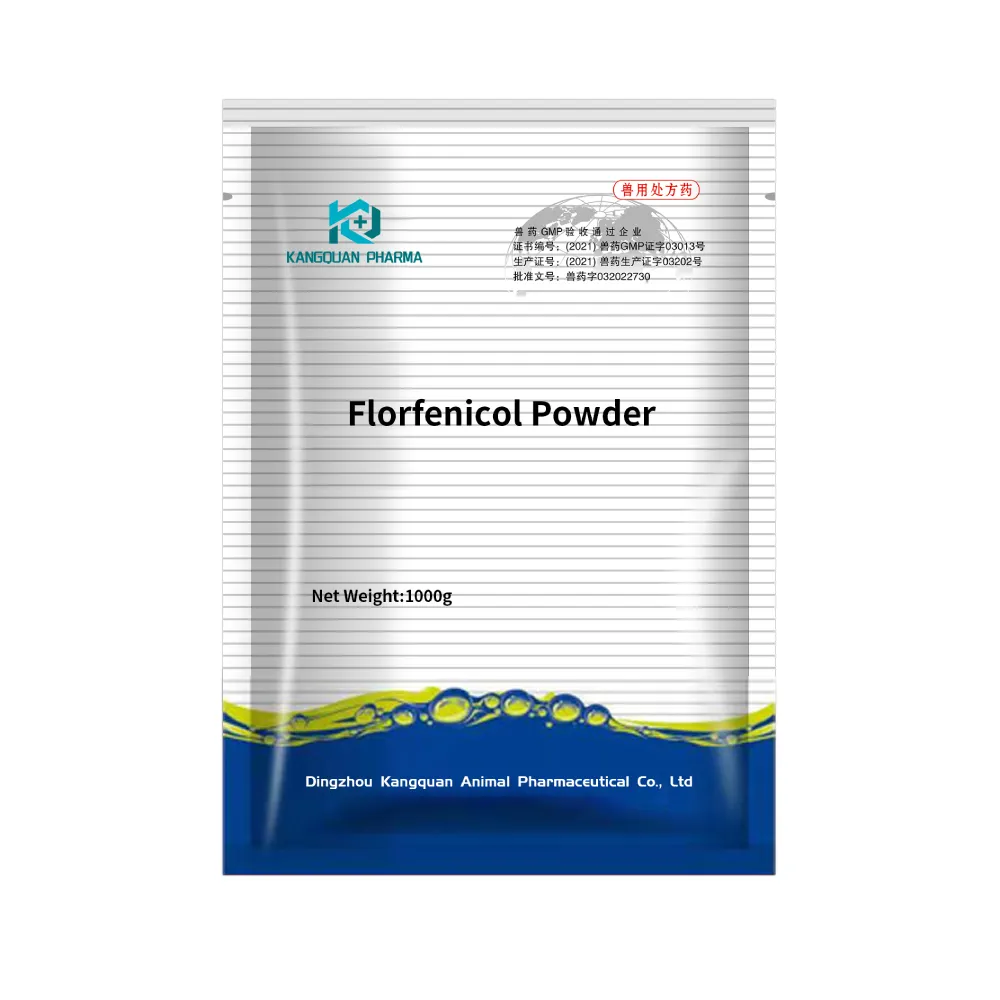- Afrikaans
- Albanian
- Amharic
- Arabic
- Armenian
- Azerbaijani
- Basque
- Belarusian
- Bengali
- Bosnian
- Bulgarian
- Catalan
- Cebuano
- Corsican
- Croatian
- Czech
- Danish
- Dutch
- English
- Esperanto
- Estonian
- Finnish
- French
- Frisian
- Galician
- Georgian
- German
- Greek
- Gujarati
- Haitian Creole
- hausa
- hawaiian
- Hebrew
- Hindi
- Miao
- Hungarian
- Icelandic
- igbo
- Indonesian
- irish
- Italian
- Japanese
- Javanese
- Kannada
- kazakh
- Khmer
- Rwandese
- Korean
- Kurdish
- Kyrgyz
- Lao
- Latin
- Latvian
- Lithuanian
- Luxembourgish
- Macedonian
- Malgashi
- Malay
- Malayalam
- Maltese
- Maori
- Marathi
- Mongolian
- Myanmar
- Nepali
- Norwegian
- Norwegian
- Occitan
- Pashto
- Persian
- Polish
- Portuguese
- Punjabi
- Romanian
- Russian
- Samoan
- Scottish Gaelic
- Serbian
- Sesotho
- Shona
- Sindhi
- Sinhala
- Slovak
- Slovenian
- Somali
- Spanish
- Sundanese
- Swahili
- Swedish
- Tagalog
- Tajik
- Tamil
- Tatar
- Telugu
- Thai
- Turkish
- Turkmen
- Ukrainian
- Urdu
- Uighur
- Uzbek
- Vietnamese
- Welsh
- Bantu
- Yiddish
- Yoruba
- Zulu
10 月 . 03, 2024 05:16 Back to list
Tylosin Powder Use and Benefits for Chicken Health and Growth
Tylosin Powder for Chickens An Overview
Tylosin is a macrolide antibiotic that is widely used in veterinary medicine for the treatment and prevention of various bacterial infections in livestock, particularly poultry. Among its applications, tylosin powder for chickens has gained attention for its effectiveness in promoting growth, enhancing feed efficiency, and managing respiratory diseases. Understanding its benefits, usage, and safety considerations is crucial for poultry farmers aiming to maintain healthy flocks and optimize production.
What is Tylosin?
Tylosin, derived from the bacterium *Streptomyces fradiae*, is known for its broad-spectrum antibacterial properties. It primarily targets gram-positive bacteria and some gram-negative strains, making it effective against common pathogens found in poultry. Tylosin’s action mechanism involves inhibiting bacterial protein synthesis, which ultimately leads to the elimination of infections.
In the poultry industry, tylosin is commonly used in powdered form, which can be easily mixed into feed or administered in drinking water
. This makes it a convenient option for large-scale operations where uniformity and ease of use are essential.Benefits of Tylosin Powder for Chickens
1. Disease Management Tylosin is primarily employed to treat and control respiratory infections in chickens, such as Mycoplasma infections. These infections can lead to decreased productivity, increased mortality rates, and significant economic losses. By utilizing tylosin, farmers can effectively manage these diseases, leading to healthier birds and reduced treatment costs in the long run.
2. Growth Promotion Tylosin is also recognized for its growth-promoting properties. When used appropriately, it can enhance the growth rates of chickens, improving feed conversion ratios. This means that chickens can reach market weight more quickly, which is particularly beneficial for commercial poultry operations aiming to maximize efficiency and reduce feed costs.
3. Feed Efficiency In addition to promoting growth, tylosin can aid in improving overall feed efficiency. By helping maintain a healthier gastrointestinal environment, tylosin allows for better nutrient absorption, which is essential for the optimal growth and development of chickens.
tylosin powder for chickens

Usage Guidelines
When using tylosin powder, it is vital to adhere to the recommended dosage and administration guidelines. Dosage typically depends on the age, weight, and overall health of the birds, as well as the specific disease being targeted. It’s essential to follow veterinary advice and manufacturer instructions to avoid potential issues, such as antibiotic resistance or adverse effects in birds.
Tylosin can be administered either as a feed additive or through drinking water. The choice of method often depends on the specific circumstances of the farm. Care should be taken to ensure that all birds receive the correct dosage, as uneven distribution can lead to ineffective treatment.
Safety Considerations
While tylosin is generally safe when used as directed, there are important safety considerations. Poultry farmers should be aware of withdrawal periods—the time needed between the last treatment and when the chicken can be processed for meat. This is crucial to ensure that drug residues do not enter the food supply, protecting consumer health and ensuring compliance with food safety regulations.
Moreover, responsible use of antibiotics is essential in the fight against antibiotic resistance. Farmers should implement tylosin in conjunction with good management practices, such as vaccination, biosecurity measures, and proper husbandry, to minimize the need for antibiotic use and reduce the risk of resistance development.
Conclusion
Tylosin powder serves as a significant tool in poultry health management, offering benefits that include disease control, growth promotion, and improved feed efficiency. By understanding its use and adhering to safety guidelines, poultry farmers can effectively integrate tylosin into their husbandry practices, promoting flock health and enhancing production outcomes. As with all antibiotics, responsible use is paramount to maintaining the efficacy of tylosin and safeguarding public health.
-
The Power of Radix Isatidis Extract for Your Health and Wellness
NewsOct.29,2024
-
Neomycin Sulfate Soluble Powder: A Versatile Solution for Pet Health
NewsOct.29,2024
-
Lincomycin Hydrochloride Soluble Powder – The Essential Solution
NewsOct.29,2024
-
Garamycin Gentamicin Sulfate for Effective Infection Control
NewsOct.29,2024
-
Doxycycline Hyclate Soluble Powder: Your Antibiotic Needs
NewsOct.29,2024
-
Tilmicosin Premix: The Ultimate Solution for Poultry Health
NewsOct.29,2024













